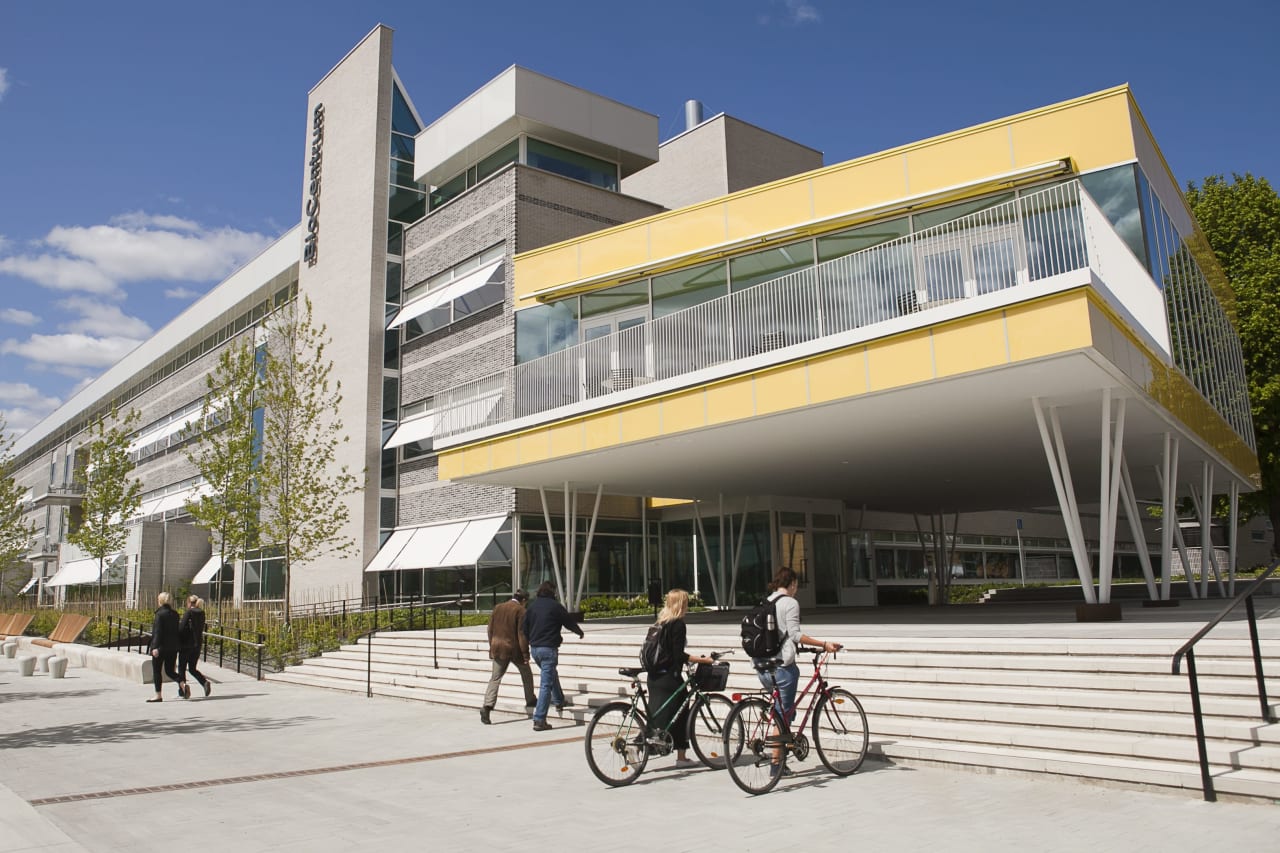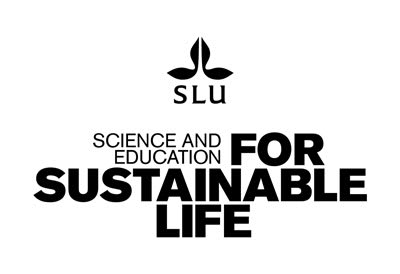
European Master in Animal Breeding and Genetics
Swedish University of Agricultural Sciences

Key Information
Campus location
Uppsala, Sweden
Languages
English
Study format
On-Campus
Duration
2 years
Pace
Full time
Tuition fees
EUR 9,000 / per year *
Application deadline
Request info
Earliest start date
Sep 2024
* EMABG participation costs are €4,500 per year for students from Programme Countries and €9,000 per year for students from Partner Countries.
Introduction
European Master in Animal Breeding and Genetics
This a joint programme between SLU and five other European universities (Wageningen University, University of Göttingen, AgroParisTech, Norwegian University of Life Sciences (NMBU), and University of Natural Resources and Life Sciences (BOKU, Vienna). The first year of studies is either in Wageningen or Göttingen, and the second year is at one of the other universities, depending on chosen study track.
The common vision of the programme is to deliver graduates that are experts in animal breeding and genetics, but with different foci, depending on their chosen study track. This will make them suitable for, e.g., managing breeding programmes in low-income countries, conducting breeding value estimations as required by industry, or responding to societal needs to combat climate change or improving animal welfare through breeding. The ultimate goal is to train a new generation of graduates that are fit to respond to current and future needs of the animal breeding sector in the global context.
The EMABG is a joint master programme that fills a real need for the industry sector and the whole society. It is designed to answer the scientific, practical and societal challenges of animal breeding and genetics. These challenges can be summarised for both developed and low-income countries as follows:
- meet the increased demand for animal and fish products, while preserving or improving the quality of the products, the welfare of animals and minimizing the environmental impact;
- preserve natural resources, with special attention to biodiversity;
- make efficient use of novel tools and technologies to reach these goals while maintaining societal acceptance of animal breeding;
- develop sustainable animal breeding programmes that contribute to improved livelihood of farmers and efficient food chains;
- develop sustainable breeding programmes that contribute to improved health and welfare of companion animals, including populations in zoos and nature reserves.
For more information about the EMABG, please visit the programme page.
Admission requirements
- Academic Bachelor of Science Degree (minimum 180 ECTS) in animal science. An equivalent degree from related fields, such as agricultural sciences, veterinary medicine, zoology, botany, microbiology or similar is also accepted, if basics of genetics or animal breeding knowledge is documented in the transcript of records.
- Language Proficiency: A good knowledge of English is a prerequisite for an application.
- Students are required to pass a language proficiency exam meeting the following minimum requirements:
- TOEFL IBT: at least 80 (minimum of 20 in the sub-score “speaking”)
- ACADEMIC IELTS: at least 6.0 (minimum of 6.0 in the sub-score “speaking”)
- CAMBRIDGE FCE/B2 First: score between 180-190, Grade A
- CAMBRIDGE CAE/C1 Advanced: score between 180-210, Grade C
- CAMBRIDGE CPE/C2 Proficiency: score between 180-230 or Grade
- The language proficiency certificates should have been taken no longer than two years before the application deadline.
Tuition
Tuition Fees: Only citizens of countries outside the EU/EEA and Switzerland are required to pay application and tuition fees.
First semester: SEK 81,000
Total: SEK 324,000
Program Language Requirements
The TOEFL iBT® test is accepted by 11,500 universities and higher education institutions in over 160 countries. Book your test today!
Sponsored partner